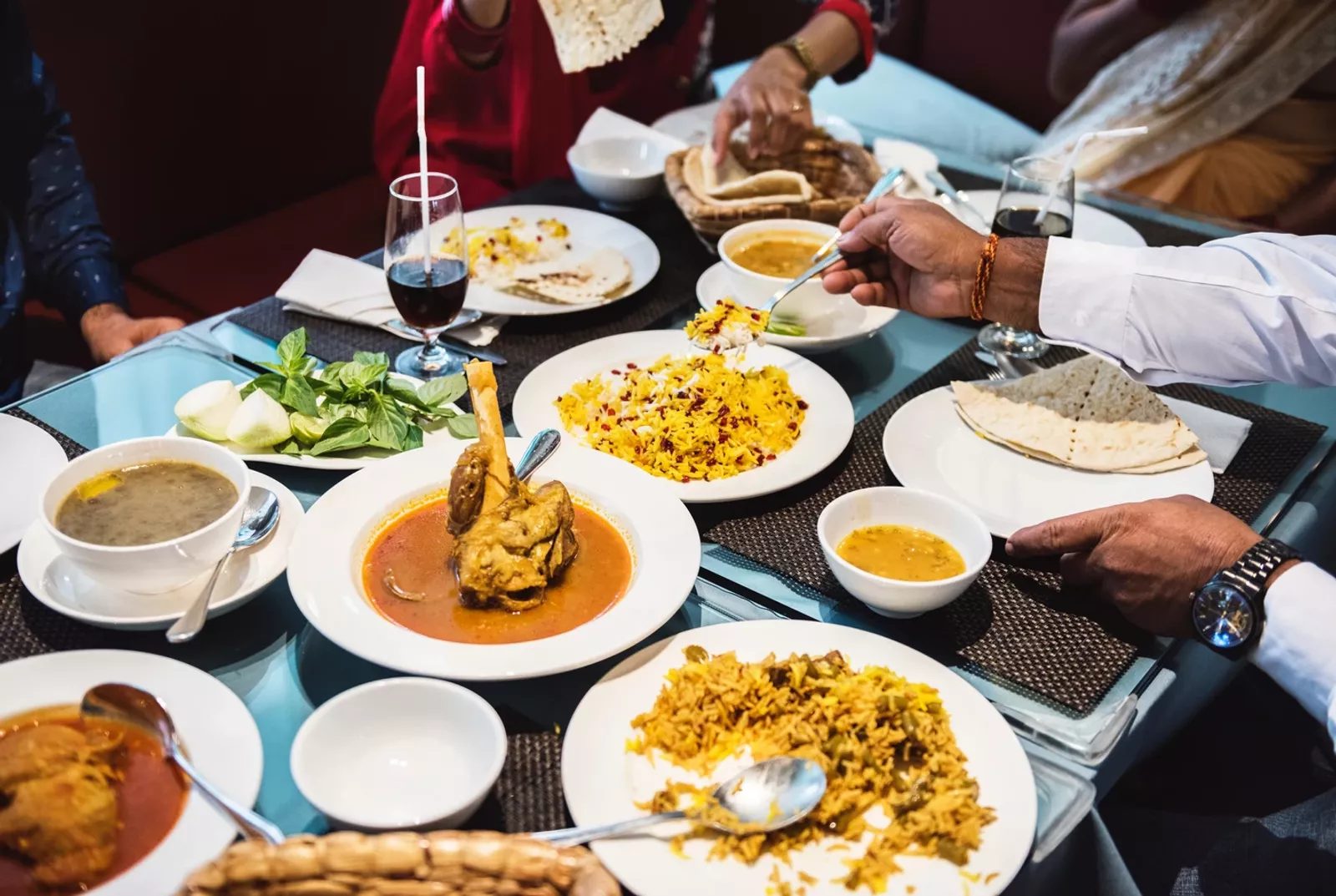Bringing the Conversation to the Table: How Family Discussions Eased my Way from Doubt to Secularism
“I don’t believe in god…” is not what people say when ending a conversation, but it can be if you then immediately jump out of your father’s parked car and sprint into your friend’s house. I had built up to the confession intentionally. I allowed the words to simmer in me making the car ride tense, awkward, and pensive. Though with me being fourteen at the time I think a jovial back-and-forth would have been conspicuous. My father’s reaction was one of shock, but not (nor would it ever be) anger. At the time he was on the board of our church. Still it was clear to him why I would have questions about my faith.
My mother was born in Istanbul but her family left when she was six. She has more Louisiana culture to her than Turkish. When her parents were growing up Turkey was quite secular, and though my grandmother has a Koran I have never seen it. The book has resided in her attic for years. My mother never identified as Christian, but instead opted for a more open-ended spiritual outlook. My father grew up in Canada. His childhood communities were more homogeneous, so his involvement in the church was more out of a fondness for people than doctrine. I, on the other hand, was born in Texas.
My education has put me in contact with a variety of Christian denominations including: Church of Christ, Southern Baptist, Episcopalian, Methodist, and Catholic. My education was quite good. My only misfortune was a unique inclination to pay attention during chapel services. The part that stuck out to me was the “Only through Christ” bit. My parents had brought me to meet my Turkish family when I was quite young. None of my family or any of the other Muslim people I interacted with seemed particularly “damned.” But, my five or six-year-old my mind was very literal, and I had trouble understanding the rules described by Bible teachers. The memory of asking my friends if they thought my mother was going to Hell sticks with me still.
I talked about all my experiences with my parents. They knew that the logical inconsistencies troubled me deeply. So, faith and religion became an open topic of conversation. They allowed me to ask my questions and if we didn’t know the answers, we looked them up. As I got older, I continued to search through different religions and mythologies, and I would always bring up what I learned at the dinner table. I always felt safe bringing up what I learned at the dinner table. My family discussed, debated, and sometimes lectured each other.
The first time my father encountered atheism was speaking with a friend after they saw The Exorcist. The movie was terrifying to him, but one of his friends wasn’t really spooked. My dad asked why, and she stated: “Well I don’t believe in God.” At the time he found the concept of non-belief equal parts novel and jarring. Marrying my mother had not been a religious issue for him. His parents were quite tolerant. He hadn’t asked himself a lot of the questions that had bothered me as I grew up. I remember growing up watching Discovery Channel and Star Wars. I was encouraged to question and look up expert sources (Google is still actively used at the dinner table). And I got more indoctrination from my schools than from my house. For all our differences, I was his son. I was going through stuff and so he wanted to understand.
Oasis is one of the few places other than my home or my parents’ where I feel like I can speak without fear of rejection or offending someone. My family helped me through the brunt of my transition from faith, and the anger and fear that came with it. Having people to debate and argue with is grounding for me. Having my family to bounce my thoughts off, whether they agreed with them or not, gave what was going on in my head context. Family, both biological and of choice, are necessary for most if not all people. Oasis lets me speak in a way that is honest to myself in a larger pool of people. I love my parents, but they have their set of perspectives. Getting to have a more diverse set of voices has been validating in a way that I was unaware that I was missing. I hope that I can reflect what my family and Oasis have given me. In Oasis I get the opportunity to add my voice into the conversations all around me, and maybe be one more point of context in someone else’s world.

